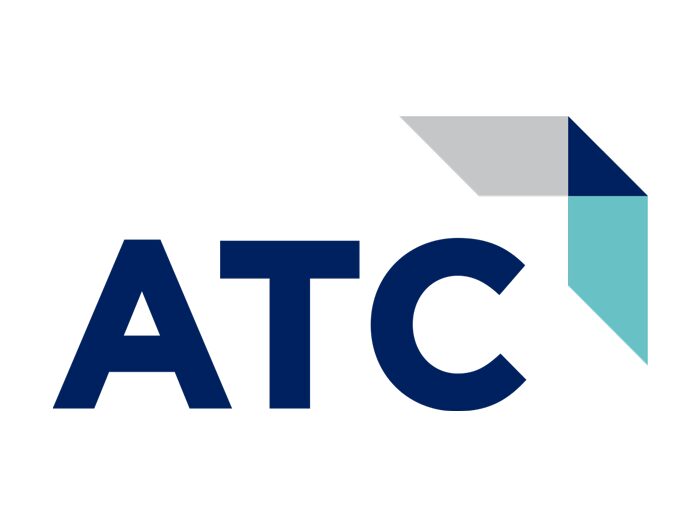(The article below features ATC’s Darren DeMartino and appears on VertitechIT’s web site here.)
If I only had a dollar for every time I’ve heard this one before.
The IT department at Company A signs a new three year contract renewal for local, long distance, and data network services, providing for a 25% discount off published rates. The contract is expected to save hundreds of thousands of dollars over the current agreement and the Chief Technology Officer is commended for his hardnosed, “take no prisoners” approach to negotiations.
Flash forward six months. Company A’s CFO is having dinner with his counterpart at Company B. The subject of rising technology costs comes up in discussion and Company A’s CFO is shocked to learn that Company B has just contracted to pay thousands of dollars less on its monthly telecom bill for essentially the same services, with the same provider!
A call is placed to the telecom company and the conversation goes something like this.
“You told us if we signed this contract we’d save 25%, but you didn’t tell us other companies were getting even bigger discounts, even though they spend less than we do.”
(Long pause)
“Uh…. yah. Well, you have two and a half years left on your contract, and we’ll see what we can do at that point.”
Company A will end up paying hundreds of thousands of dollars more than Company B for the same services even though they are a larger client.
Scenarios like this are playing out for businesses of all sizes across the country as skilled, in-house salespeople for the nation’s major telecommunications companies are front-loading renegotiated offers in an effort to lock businesses into new long term deals.
“The carriers do this for a living, day in and day out,” says technology expert Darren DeMartino. It’s a high stakes poker game and they’re dealing. “IT executives negotiate new telecom agreements only once every 2-3 years. It’s unrealistic to expect they’ll be as effective as someone who does it day in and day out. Carrier representatives are trained to maintain as much margin as possible and directed by a compensation plan that penalizes them for lowering prices.” DeMartino’s firm, Advanced Technology Consulting, has been representing businesses in those negotiations since 1999, sitting at the table for hundreds of negotiations every year.
The typical telecom contract covers three years and a lot can change over the course of that term. If the past few years are any indication, pricing will continue to go down as new technology, features, and functionality become mainstream. DeMartino offers the following 5 tips for approaching any telecom renegotiation process.
- Insist on eliminating auto renewal language. Most telecom contracts (as well as some other agreements) have an auto renewal clause that will lock you into another term period unless you notify the carrier within a predetermined window of time. Push for a month to month extension (guaranteed at the same rate), or accept removal of this language altogether.
- Look for agreements that provide significant revenue commitment flexibility. If guaranteeing more than 70% of your current spend, you could be locking yourself into a situation that the carriers will take advantage of down the road.
- Shop around. The big boys (i.e. Verizon, Comcast, ATT) are not the only games in town and in fact, there are literally hundreds of telecom providers in the United States. Universally, telecom costs have been decreasing more than 20% a year. The compounding effect over the course of a three year agreement is significant, yet many businesses “re-up” at the first offer they get from their incumbent provider, leaving significant savings on the table.
- Negotiate coterminous agreements wherever possible. It’s always to a business’ advantage to have the various types of service agreements terminate at the same time. Be leery of sub commitments (i.e. an overall commitment of x and then a smaller commitment for each different service type). Failure to fulfill a small commitment in one category could result in significant penalties overall.
- When in doubt, hire an expert to handle negotiations. Bring them in from the start of negotiations or after you’ve done the heavy lifting. In most instances, they can evaluate an offer within 48-72 hours and insure the absolute best deal is on the table.
And you don’t have to wait until your contract is up in order to renegotiate better terms. The telecom world is more competitive than ever and it may be easier to strike a deal well before a contract expires. It’s always easier for a provider to keep a current customer than find a new one. Use that knowledge to your advantage.
On the old Let’s Make A Deal show, contestants were always hesitant to take Monty’s first offer for fear of getting “zonked.” In today’s complex telecom environment, that fear is well- founded.











